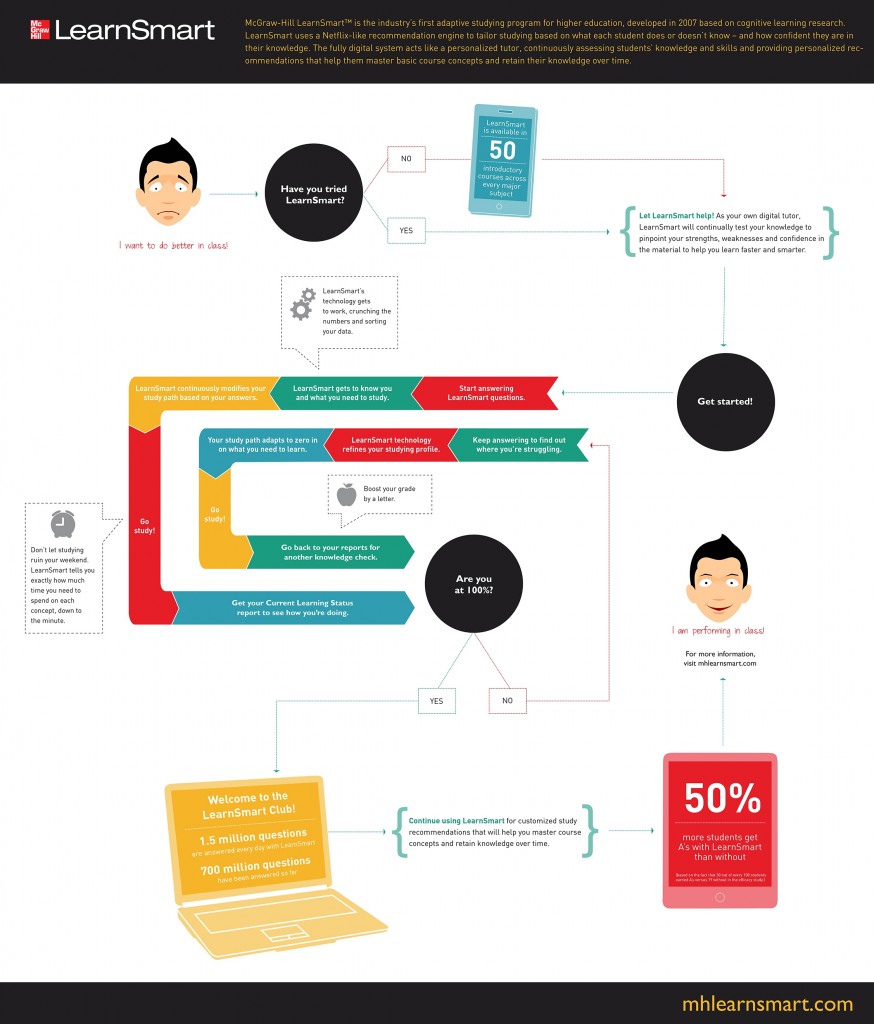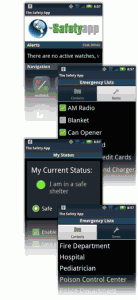 High school is a balancing act, and students are often doing so much – and sleeping so little – that their grades or test scores may fall by the wayside. As parents, there are actions you can take to help when your student’s grades are dropping, and a few actions that won’t help at all.
High school is a balancing act, and students are often doing so much – and sleeping so little – that their grades or test scores may fall by the wayside. As parents, there are actions you can take to help when your student’s grades are dropping, and a few actions that won’t help at all.
What Won’t Help
Do the student’s homework for them. It may be harder to give a student suggestions and guidance for an essay than to walk them through every sentence. But when they’re fed the answers, students aren’t learning. They’ll learn more by coming up with a wrong answer on their own than by you simply providing the right one.
Ignore your student. They may want to be left alone, but poor grades are often an indicator of deeper problems. You can have a conversation with your student about their grades while still respecting their privacy.
Go behind their back to the teacher. It may be tempting to blame a teacher for a student’s bad grades. A high schooler, however, should be learning to take ownership of their class performance and communicate with the teacher themselves.
Berate them for poor time management or lack of study skills. It’s one thing to point out that your student spends more time with friends than with books. It’s another to make them feel like all their choices are poor ones. Constant haranguing risks lowering a student’s self-confidence, which could make academic performance even worse.
What Will Help
Get the whole story. Listen if they explain why their grades fell, and don’t automatically accuse them of making excuses. Many factors in a high schooler’s life could be contributing to poor grades or test scores; bad decisions are often a factor, but it’s rarely as simple as laziness.
Help the student set small, specific goals. A few math problems a night or an outline for an essay are manageable steps. Although you should keep holding your student to a high standard, any progress can be noted and praised.
Communicate regularly with your student (and teachers, if necessary). Ask your student what you can do to help. Attend parent-teacher conferences and ask teachers what they recommend – and encourage your student to keep an open dialogue with their teacher.
Make the student take responsibility. If they fail to meet their goals, hold them accountable. Trust them – and make it clear that you trust them – to do their work on time and bring up their own grade. Remember, they’ll need to be accountable and responsible in college. They might as well start now!
Students need to know that you’re their cheerleader and advocate, especially if they’re struggling in school. It can be tough to bring up a low grade or redeem a failed test, but by working together, you can do it and learn something in the process.
___________________________
Today’s guest post is from Amy. Amy edits and writes for the University Language Services blog, a resource for students from college application to graduation and beyond.
 If you’re a parent of a college-bound teen and you’re on Facebook (shame on you if you’re not), check out these great resources for parents (and students). Consider this list an “early” Christmas present!
If you’re a parent of a college-bound teen and you’re on Facebook (shame on you if you’re not), check out these great resources for parents (and students). Consider this list an “early” Christmas present!








